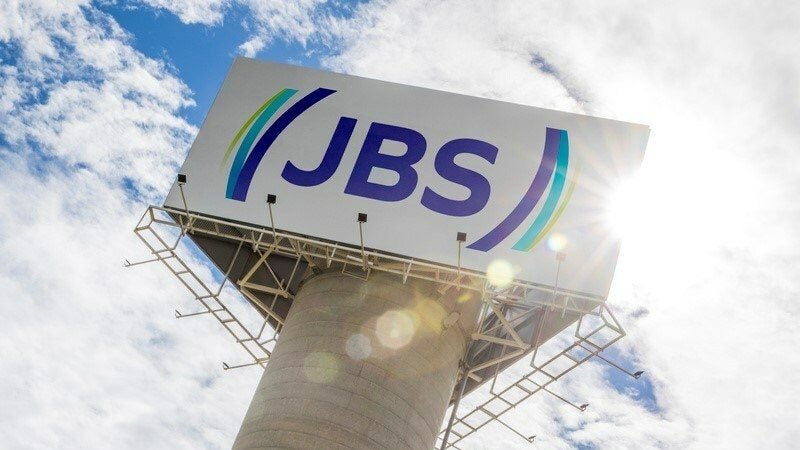In a surprising move, Brazilian meat powerhouse JBS announced an investment of $2.5 billion in six meat packing plants in Nigeria. This investment is noteworthy not only due to its size but also because it marks a significant shift in JBS’s international investment strategy. Traditionally, JBS’s recent overseas investments have been smaller, such as a $50 million facility in Saudi Arabia and a $73.6 million investment in Huon Aquaculture in Australia. The substantial nature of the Nigerian investment raises questions about what makes Nigeria an attractive destination for such a large commitment from one of the world’s largest meat companies.
One of the primary drivers behind this investment is Nigeria’s potential as a burgeoning economy with considerable growth prospects. The recent €300 million agreement between France and Nigeria focused on infrastructure, agriculture, and food security illustrates the international interest in the country’s socio-economic growth. JBS has cited alarming statistics from the World Food Programme, highlighting Nigeria’s food insecurity crisis, with millions going hungry. JBS’s CEO, Gilberto Tomazoni, emphasized the company’s commitment to partnering with Nigeria to develop sustainable food production chains, which he believes will foster socio-economic progress, particularly for vulnerable populations.
Despite past economic fluctuations, Nigeria remains an appealing market for meat producers. The country has a growing middle class and an increasing demand for protein, as indicated by a recent Rabobank report outlining the long-term potential for poultry and meat in Nigeria. Although Nigeria’s economy has experienced ups and downs, with challenges like currency devaluation affecting consumer spending, there remain opportunities for foreign investment. Rabobank’s senior global specialist noted that local price inflation and a lack of domestic feed ingredients are ongoing concerns, yet the government’s commitment to food security supports the business environment.
According to JBS’s announcement, protein production currently contributes 10% to Nigeria’s GDP while fulfilling only 40% of local demand, underlining significant opportunities for growth. Analysts believe that Nigeria’s demographic trends favor long-term investment, as the country has a young population and an expanding middle class. JBS’s planned facilities—three for poultry, two for beef, and one for pork—are poised to establish sustainable production practices that can meet domestic needs while supporting local agricultural development. The company’s investment strategy reflects a broader vision aimed at enhancing food security and bolstering local economies.
However, this investment is not without its critics, particularly from environmental and social advocacy groups. NGO ProVeg International has questioned the ramifications of JBS’s investment, citing the potential for exacerbating issues tied to intensive animal agriculture, which has been linked to numerous environmental and ethical concerns. The criticism is intensified by JBS’s previous commitments to achieving net-zero greenhouse gas emissions by 2040. There is skepticism about whether JBS can reconcile its food production aspirations in Nigeria with its environmental obligations, particularly in light of the significant methane emissions attributed to the meat industry.
As JBS seeks to navigate the complexities of investing in Nigeria, the juxtaposition of their strategic ambitions against the backdrop of environmental and ethical concerns poses significant challenges. While the investment appears to be a forward-thinking long-term strategy targeting sustainable growth in a market brimming with potential, it also raises important questions about the ecological and social responsibilities of large corporations. Moving forward, JBS will have to demonstrate its commitment to sustainability and local empowerment in order to convince both critics and supporters of the viability and ethics of its Nigerian venture.

